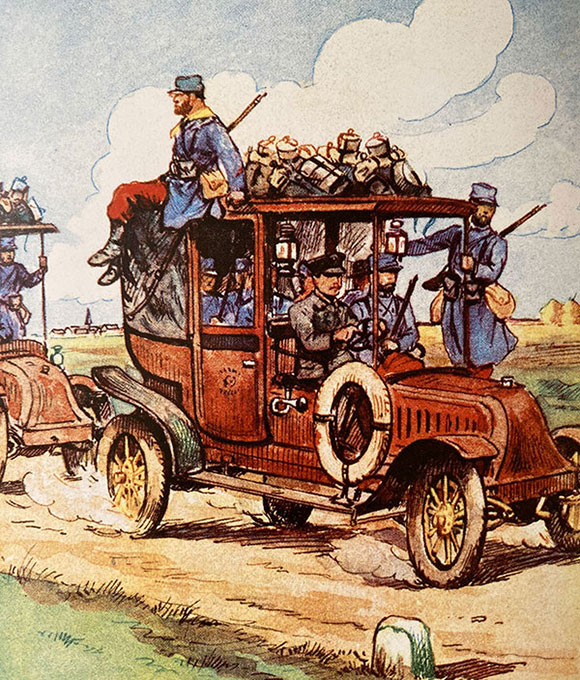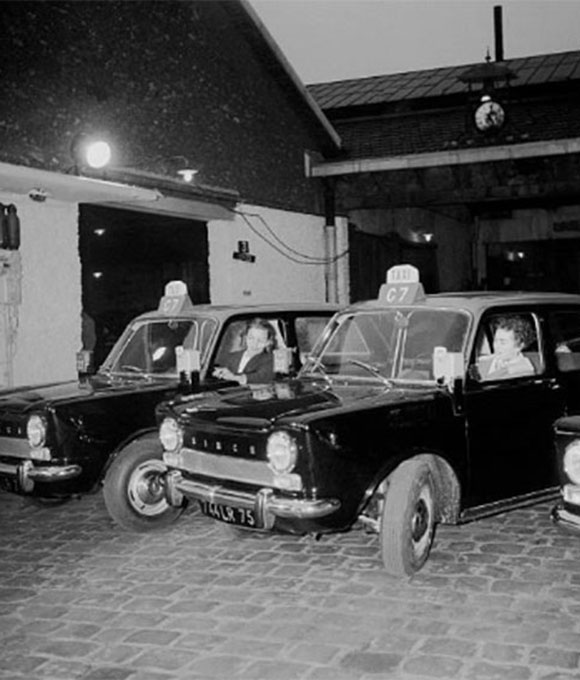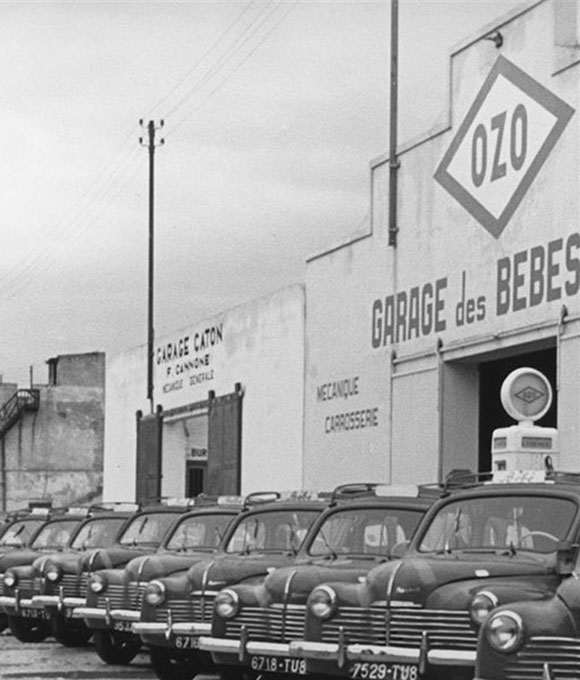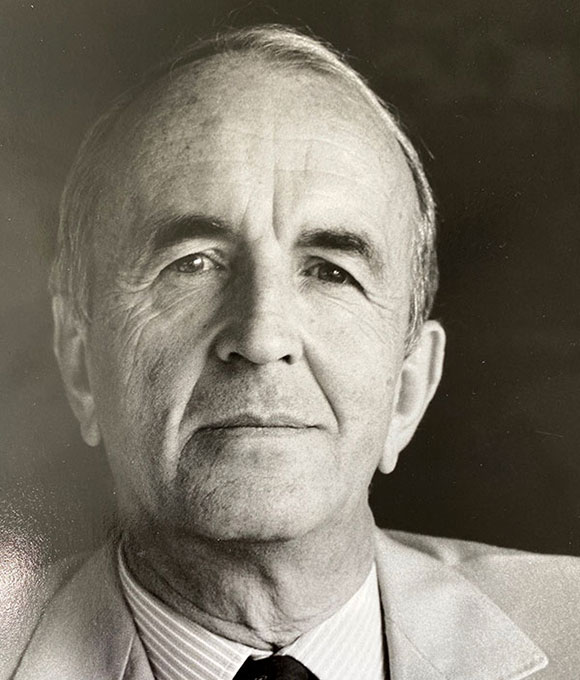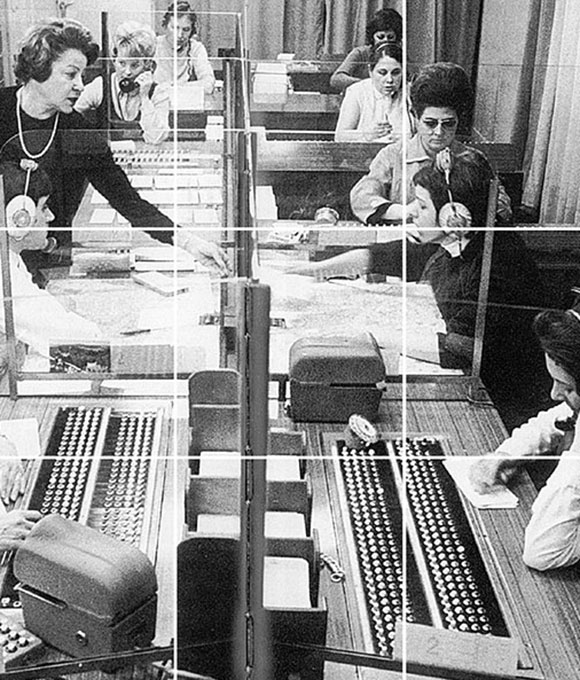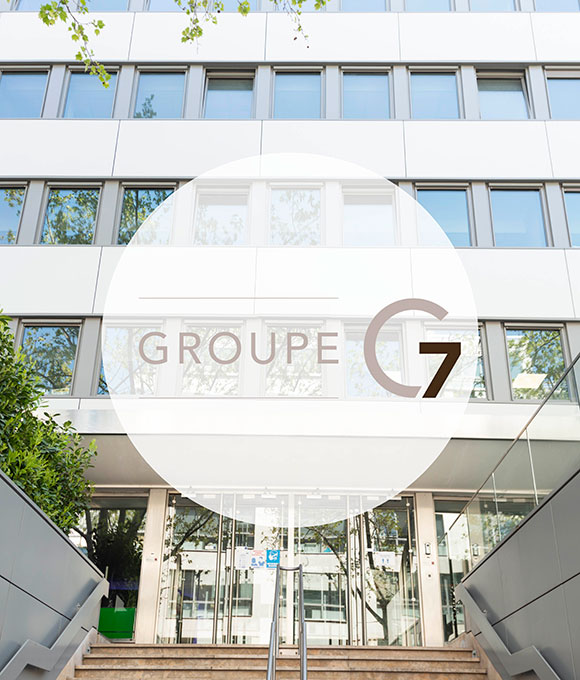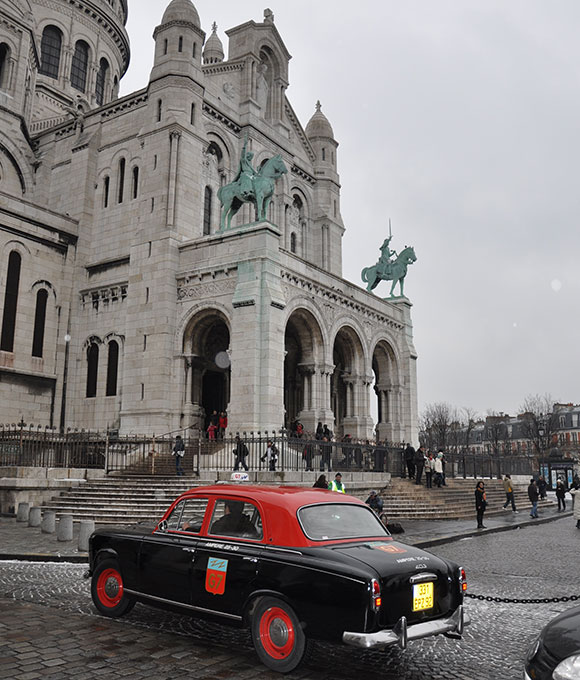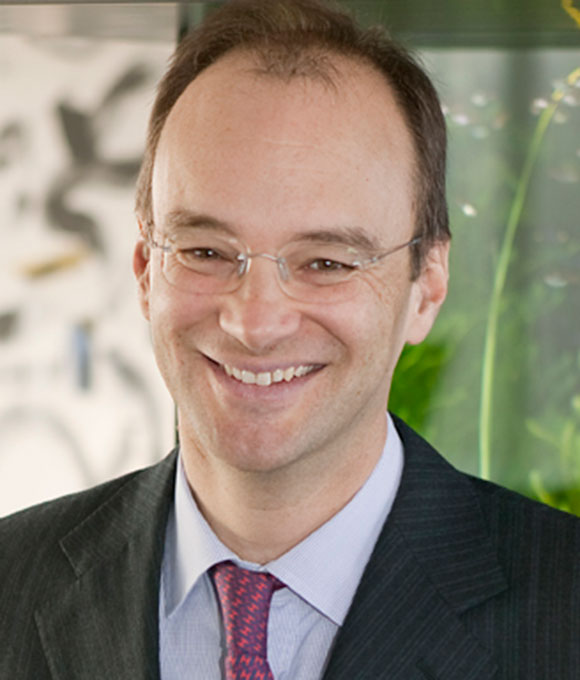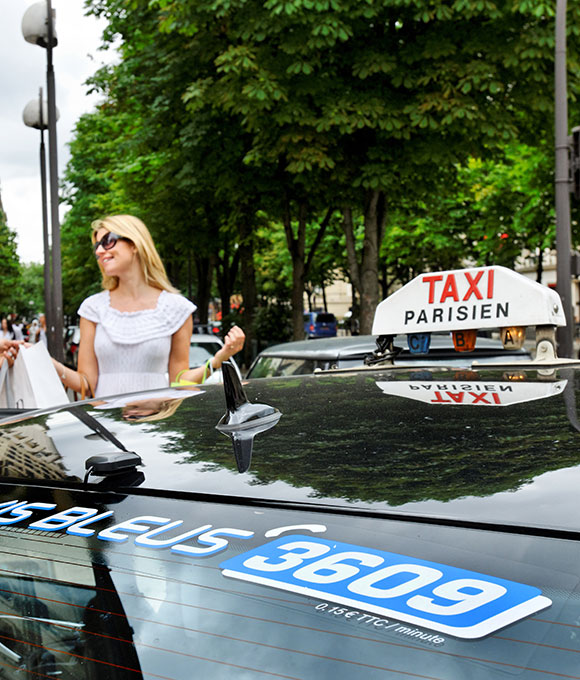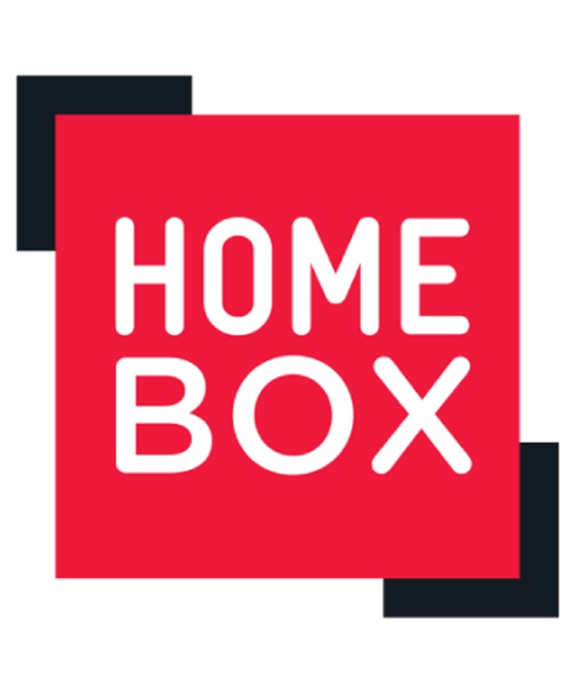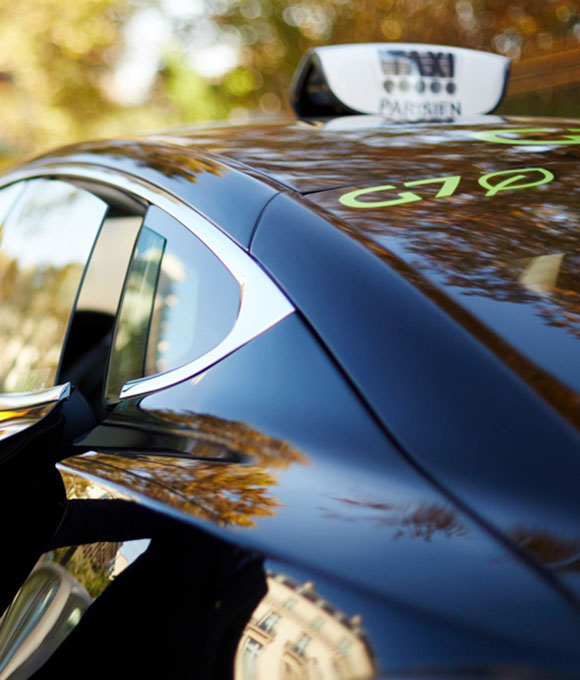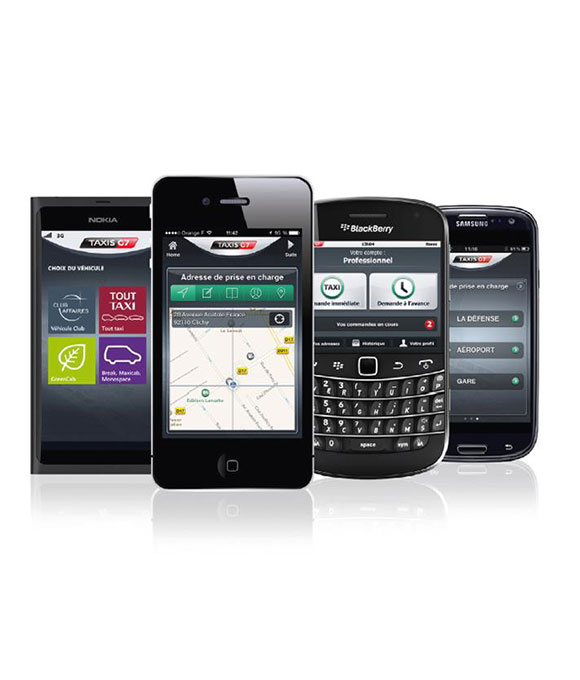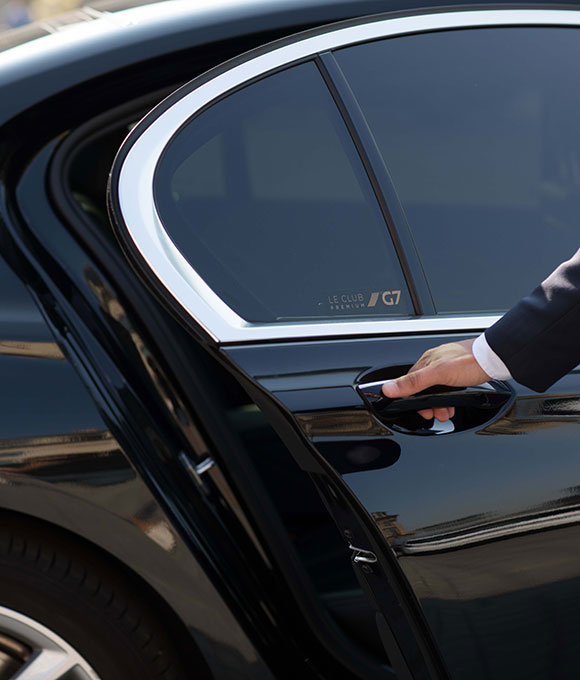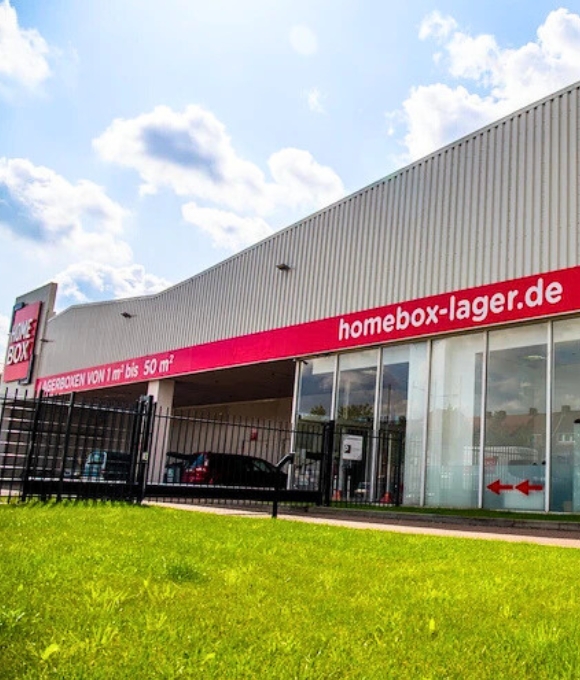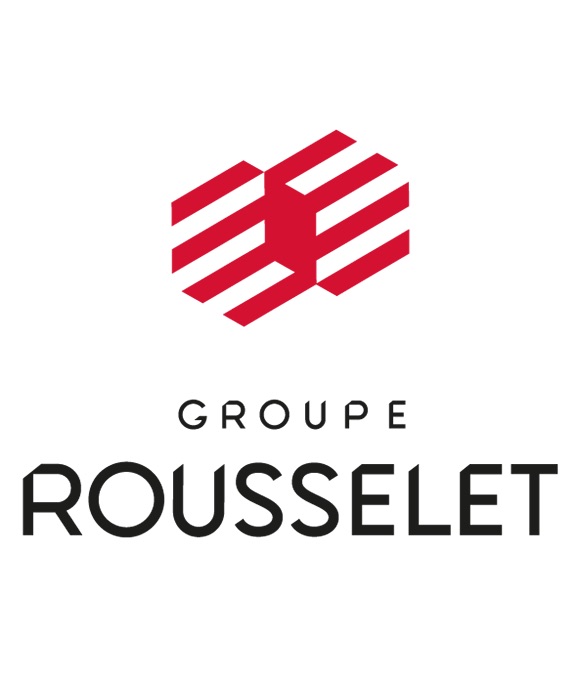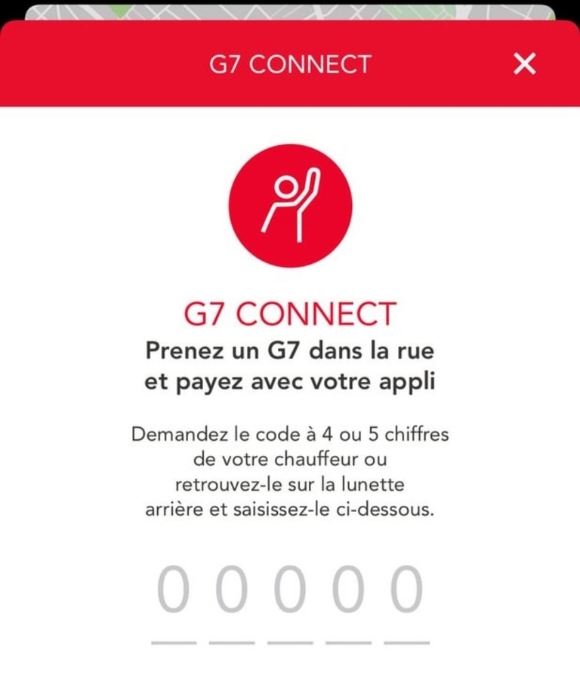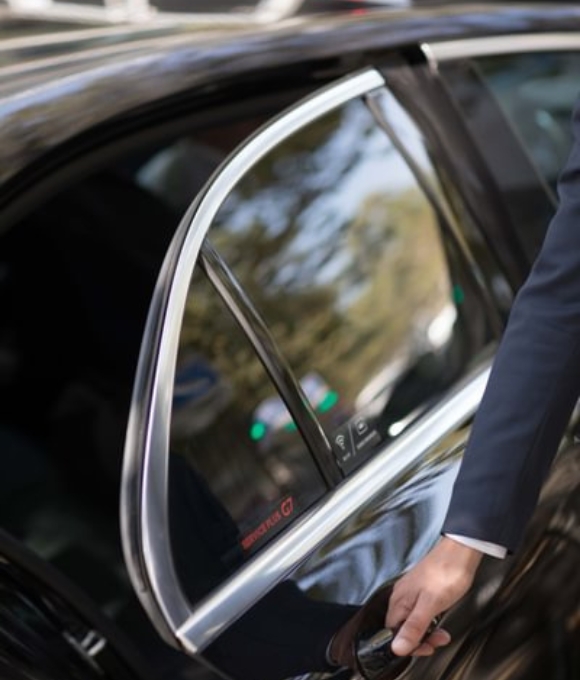Ganhe Rápido nos Jogos Populares do Cassino Online
580bet
Cassino
bet 7k: Diversão e Grandes Vitórias Esperam por Você
Aposte e Vença no Cassino
leao – Jogos Fáceis e Populares
Jogos Populares e Grandes Prêmios no Cassino Online
luck 2
Descubra os Jogos Mais Populares no Cassino
john bet e Ganhe
7755 bet: Apostas Fáceis, Grandes Oportunidades de Vitória
Jogue no Cassino Online
cbet e Aumente suas Chances de Ganhar
Ganhe Prêmios Incríveis com Jogos Populares no Cassino
bet7
Cassino
pk55: Onde a Sorte Está ao Seu Lado
Experimente o Cassino
8800 bet e Ganhe com Jogos Populares
Ganhe Facilmente no Cassino Online
doce
Aposte e Vença no Cassino
bet 4
Jogos Populares e Grandes Premiações na
f12bet
Descubra a Diversão e Vitória no Cassino
bet7
Aposte nos Jogos Mais Populares do Cassino
ggbet
Ganhe Prêmios Rápidos no Cassino Online
bet77
Jogos Fáceis e Rápidos no Cassino
mrbet
Jogue e Ganhe com Facilidade no Cassino
bet61
Cassino
tvbet: Onde a Sorte Está Ao Seu Lado
Aposte nos Melhores Jogos do Cassino Online
pgwin
Ganhe Grande no Cassino
today com Jogos Populares
Cassino
fuwin: Grandes Vitórias Esperam por Você
Experimente os Melhores Jogos no Cassino
brwin
Jogue e Ganhe no Cassino
bet7k – Simples e Rápido
Cassino
tv bet: Vença com Jogos Populares e Simples
Ganhe no Cassino Online
allwin com Facilidade
Aposte nos Jogos Mais Famosos no Cassino
stake
bwin 789: Aposta Fácil, Vitória Garantida
Descubra os Jogos Populares do Cassino
lvbet e Vença
Jogue no Cassino
blaze e Ganhe Grandes Prêmios
Cassino
dj bet: Simples, Divertido e Lucrativo
Aposte e Ganhe no Cassino
umbet – Diversão Garantida
Ganhe Rápido nos Jogos do Cassino Online
b1bet
20bet: Jogue e Ganhe com Facilidade e Diversão
Cassino
bk bet: Entre Agora e Ganhe Grandes Prêmios
Jogue no Cassino
h2bet e Conquiste Grandes Vitórias
Ganhe no Cassino
7kbet com Jogos Populares e Fáceis
Aposte e Conquiste Prêmios no Cassino Online
fbbet
Diversão e Prêmios Fáceis no Cassino
9d bet
Cassino Online
9k bet: Jogos Populares, Grandes Oportunidades
Jogue no Cassino
73 bet e Aumente Suas Chances de Vitória
Cassino
ktobet: Onde Você Pode Ganhar Facilmente
Ganhe Rápido com os Jogos Populares do Cassino
74 bet
Aposte nos Melhores Jogos e Ganhe no Cassino
betpix
betvip: Onde a Sorte Encontra os Melhores Jogadores
Jogue no Cassino
batbet e Ganhe Prêmios Instantâneos
Ganhe Agora nos Jogos do Cassino Online
onabet
Cassino
f12bet: Diversão e Vitórias Esperam por Você
Aposte Agora no Cassino
codbet e Ganhe com Facilidade
Jogos Populares do Cassino
winbra para Você Ganhar
Ganhe Grande com os Jogos Mais Populares no
b2xbet
Cassino
obabet: Jogue Agora e Conquiste Grandes Vitórias
Experimente a Diversão e Ganhe no Cassino Online
brlwin
Jogue nos Melhores Jogos e Vença no Cassino
onebra
Ganhe Prêmios Fáceis e Rápidos no Cassino
winbrl
Aposte nos Jogos Populares do Cassino
omgbet e Ganhe
Cassino
queens: Grandes Oportunidades de Vitória
Ganhe Facilmente com os Jogos do Cassino Online
brdice
brapub: Aposte Agora e Conquiste Grandes Vitórias
Aposte e Ganhe com Facilidade no Cassino Online
flames
Ganhe Dinheiro Fácil nos Jogos do Cassino
betano
Cassino
aajogo: Jogos Populares e Grandes Prêmios
Jogue e Vença no Cassino
iribet – Onde a Sorte Está
Aposte no Cassino
pixbet e Ganhe Prêmios Fantásticos
Ganhe Grande nos Jogos Populares do Cassino
betsul
Cassino Online
fezbet: Onde Você Sempre Pode Ganhar
Aposte nos Melhores Jogos e Ganhe no Cassino
curso beta
betway: Jogue e Ganhe Agora com Facilidade
Experimente o Cassino Online
bkbet e Ganhe Rápido
Ganhe Dinheiro Jogando nos Jogos Populares do Cassino
peixe beta
Jogue no Cassino
bet365 e Ganhe de Forma Simples e Rápida
Ganhe No Cassino
pixbet: Jogos Populares, Grandes Prêmios
Aposte Agora e Conquiste Vitórias no Cassino
4 play bet
Ganhe no Cassino Online
365bet: Diversão e Vitória
Cassino
brxbet: Aposte com Facilidade e Ganhe Prêmios
Aposte no Cassino
939 bet e Vença Agora Mesmo
Cassino
seubet: Ganhe Jogando os Melhores Jogos
Jogue no Cassino Online
cnc bet e Aumente Suas Chances
Ganhe com Facilidade nos Jogos Populares do
gbg bet
Jogue e Vença no Cassino
522bet – O Melhor para Você
Cassino Online
brl bet: Apostas Fáceis, Grandes Vitórias
Ganhe com Facilidade no Cassino Online
pagbet
Aposte no Cassino
jonbet e Experimente a Diversão
jqk bet: Jogue e Ganhe com Prêmios Instantâneos
Ganhe Dinheiro Fácil nos Jogos do Cassino
166bet
Cassino Online
abc bet: Onde os Jogos Populares Levam à Vitória
Aposte e Ganhe Agora nos Jogos do Cassino
bggbet
Jogos Populares e Grandes Oportunidades de Vitória na
obabet
Cassino
136bet: Onde Você Pode Ganhar Rápido e Fácil
Ganhe Agora nos Jogos Populares do Cassino
mmabet
Aposte Agora no Cassino
win bet e Conquiste Grandes Vitórias
Jogue nos Jogos Mais Populares e Ganhe no Cassino
ir6 bet
Cassino
667bet: Jogue e Conquiste Vitórias Rápidas
Ganhe no Cassino Online
qqq bet com Jogos Simples e Populares
193 bet: Apostas Fáceis, Grandes Chances de Ganhar
Ganhe Prêmios Rápidos e Simples no Cassino
dobrowin
Aposte nos Melhores Jogos e Vença no Cassino
betleao
Jogue e Ganhe no Cassino
moverbet com Facilidade
Ganhe Agora no Cassino Online
winzada 777 com Jogos Populares
supremo: Apostas Fáceis e Grandes Vitórias
Aposte nos Jogos Populares do Cassino
casadeapostas e Vença
Cassino
dobrowin: Grandes Premiações com Jogos Fáceis
Ganhe no Cassino
betleao com Jogos Populares e Simples
Jogue e Vença Agora no Cassino
moverbet
wazamba: Aposte e Ganhe Grande nos Jogos Populares
Cassino Online
fezbet: Simples, Divertido e Lucrativo
Ganhe Agora nos Jogos Populares do Cassino
betsson
Aposte e Vença no Cassino
lvbet – Jogue e Ganhe
dobrowin: Onde Você Joga e Ganha Com Facilidade
Ganhe Rápido e Fácil no Cassino Online
betsul
Ganhe Fácil no Cassino Online
pixbet
Aposte e Vença com Jogos Populares no
bwin
Jogos Fáceis, Grandes Vitórias no Cassino
betobet
dobrowin: Apostas Simples, Grandes Premiações
Ganhe Agora nos Jogos Populares do Cassino
bet7
Aposte nos Melhores Jogos e Ganhe no Cassino
betcris
Jogue e Conquiste Grandes Prêmios no
blaze
Ganhe Rápido com Jogos Populares no Cassino
888
Cassino
betano: O Melhor Lugar para Apostar e Ganhar
Jogue Agora e Ganhe no Cassino Online
stake
stake: Onde a Sorte Encontra os Melhores Jogadores
Ganhe Facilmente com os Jogos do Cassino
esportesdasorte
Aposte e Vença no Cassino Online
betmotion
Jogue nos Jogos Populares e Ganhe no
rivalry
Aposte no
novibet e Ganhe Grandes Prêmios
Cassino
pinnacle: Grandes Vitórias com Jogos Populares
Ganhe Agora com os Jogos do Cassino
cbet
Aposte e Conquiste Vitórias no
dobrowin
betleao: Onde Grandes Vitórias São Fáceis de Alcançar
Ganhe Prêmios Rápidos no Cassino
moverbet
Jogos Populares e Grandes Oportunidades no Cassino
gogowin
jogos win: Vença com Jogos Populares e Rápidos
Aposte no Cassino
campobet e Ganhe Grande
Ganhe Facilmente com os Jogos do Cassino
mesk bet
Cassino
infinity bet: Onde Jogadores Conquistam Prêmios
Jogue Agora no Cassino
betfury e Ganhe Facilmente
Aposte com Facilidade e Ganhe no
doce
Ganhe Jogando os Melhores Jogos no
bet7k
Jogue e Vença no Cassino Online
jogowin
lobo888: Aposte Agora e Ganhe Grandes Vitórias
Ganhe Agora no Cassino
iribet com Facilidade
Jogue e Conquiste Prêmios no Cassino Online
leao
dobrowin: Onde a Sorte Está ao Seu Lado
Aposte e Ganhe Grandes Prêmios no
allwin
Ganhe Grandes Prêmios Jogando no
aajogo
Jogos Populares e Grandes Oportunidades no
pgwin
Ganhe Fácil com os Jogos Populares do Cassino
greenbets
Aposte no
brapub e Vença com Jogos Populares
Cassino
moverbet: Aposte Agora e Ganhe Facilmente
Ganhe Agora com os Jogos Populares do
onebra
Jogue e Vença Agora no Cassino
flames
Ganhe Rápido com os Jogos do Cassino
brdice
brwin: Jogos Populares e Grandes Vitórias
Aposte nos Jogos Populares e Ganhe no
poplottery
queens: Grandes Prêmios Esperam por Você
Jogue Agora no
winbrl e Ganhe Fácil
Aposte e Ganhe Prêmios Rápidos no Cassino
omgbet
Ganhe no
winbra com Jogos Populares e Simples
Aposte e Ganhe no Cassino
goinbet Agora
Jogue Agora e Ganhe no
codbet com Facilidade
betleao: Onde a Sorte Se Encontra com Você
Ganhe Rápido e Fácil no Cassino
fuwin
allwin568: Aposte Agora e Ganhe com Facilidade
Ganhe Grande no Cassino
wingdus
Aposte no
juntosbet e Conquiste Grandes Vitórias
today: Onde Jogadores Ganham com Facilidade
Jogue no
talon777 e Ganhe com Simplicidade
Ganhe Agora no Cassino Online
brlwin com Facilidade
Aposte e Vença no
fazobetai – O Cassino dos Vencedores
pinup bet: Ganhe Rápido com os Melhores Jogos
Aposte nos Melhores Jogos no
bet sport e Ganhe
Ganhe no
bet esporte com Jogos Fáceis e Populares
mrbet: O Cassino Online Onde Você Ganha Fácil
Ganhe no Cassino
premier bet com Jogos Populares e Fáceis
Jogue e Vença no Cassino
apostebet Agora
Aposte e Ganhe no
spicy bet com Jogos Fáceis
Ganhe no
prosport bet com Jogos Simples e Populares
Aposte e Conquiste Grandes Vitórias no
bet nacional
Jogue Agora no
luck e Ganhe Prêmios Rápidos
jogodeouro: Apostas Fáceis e Grandes Oportunidades de Vitória
Ganhe no
heads bet com Facilidade nos Jogos Populares
Aposte no
marjack bet e Ganhe Agora com Facilidade
Jogue no
apostaganha e Ganhe Prêmios Instantâneos
gbg bet: Onde Você Sempre Ganha
Ganhe Fácil no Cassino
esoccer bet com Jogos Populares
Aposte e Ganhe Grande no Cassino Online
esport bet
Ganhe Agora com Jogos Populares no
realbet
Jogue no
aposte e ganhe e Conquiste Vitórias Rápidas
aviator aposta: Apostas Fáceis, Prêmios Incríveis
Ganhe no
bet vitoria com Facilidade e Diversão
Aposte e Ganhe no
imperador bet – Apostas Populares
Jogue no
realsbet e Ganhe Prêmios Rápidos e Fáceis
Ganhe Agora com os Jogos do Cassino
bet favorita
Cassino
esportenet: Grandes Vitórias Esperam por Você
Aposte no
flames bet e Conquiste Grandes Prêmios
Ganhe Fácil no
pague bet com Jogos Populares
Jogue Agora no
betsury e Ganhe Grande
doce888: Onde Você Joga e Ganha com Facilidade
Ganhe Grande no Cassino
obabet Agora
Jogue no
winzada e Ganhe Prêmios Fantásticos
Aposte e Ganhe no Cassino
globalbet – O Melhor Lugar
bet77: Onde Jogos Populares Levam à Vitória
Ganhe Rápido com os Jogos do Cassino Online
lottoland
Aposte e Vença Agora no
7gamesbet
Jogue no
dicasbet e Conquiste Vitórias Fáceis
Ganhe Agora com os Jogos do Cassino
esportivabet
Aposte no
tvbet e Ganhe Rápido
sportbet: Apostas Fáceis com Grandes Resultados
Ganhe Grande no Cassino
misterjackbet com Jogos Populares
Jogue no Cassino
esportebet e Ganhe de Forma Simples e Rápida
Ganhe Rápido no Cassino Online
nacionalbet
Aposte e Vença no
simplesbet com Jogos Populares
betestrela: Cassino Online Fácil de Jogar e Ganhar
Jogos Populares, Grandes Premiações no
batbet
Ganhe Fácil no
Pk55 – O Cassino Online dos Vencedores
Aposte e Conquiste Vitórias no Cassino
Bet61
Upsports Bet: Diversão e Grandes Ganhos com Jogos Populares
Ganhe Agora no
roleta online com Jogos Simples e Populares
Jogue no
roleta e Vença com Facilidade
Cassino Online
poker online: Onde Você Pode Ganhar Agora
poker: Onde Jogadores Conquistam Grandes Vitórias
Ganhe Fácil no Cassino Online
blackjack online com Jogos Populares
Aposte no
bingo e Ganhe Rápido com Jogos Famosos
Ceará: Apostas Rápidas, Vitórias Imediatas
Ganhe Prêmios Fantásticos com Jogos Populares no
Paysandu
Juventude: O Melhor Cassino Online para Ganhar
Jogue e Vença no Cassino Online
Bahia com Facilidade
Sport: Grandes Oportunidades de Ganhar nos Jogos Populares
Aposte no Cassino
Cuiabá e Conquiste Grandes Prêmios
Ganhe Rápido no
Coritiba – Apostas Fáceis, Grandes Prêmios
Jogos Fáceis e Grandes Vitórias no
Criciúma
Aposte no
Vitória e Ganhe Com Facilidade nos Jogos Populares
Fortaleza: Onde a Sorte Está ao Seu Lado
Ganhe no
Corinthians – Simples, Rápido e Divertido
Jogue Agora e Vença no Cassino
São Paulo
Ganhe Agora no Cassino Online
Vasco com Jogos Populares
Aposte e Ganhe no Cassino Online
Grêmio
Fluminense: Onde Você Joga e Ganha com Facilidade
Ganhe no Cassino
Cruzeiro com Jogos Populares e Fáceis
Botafogo: Ganhe Rápido com Jogos Populares
Cassino
Flamengo: Vença Agora com Facilidade
Ganhe Agora com Jogos Populares no Cassino
bingo slots
slots slots: Cassino Online Rápido e Simples de Ganhar
Aposte nos Jogos Populares e Ganhe no Cassino
hacker do slot
pg slot demo: O Cassino Online Mais Fácil de Ganhar
Jogue e Vença Agora no
slot win – Cassino Online Fácil
pg slot soft: Ganhe Grandes Prêmios com Jogos Fáceis
Cassino
arne slot: Onde Você Pode Ganhar com Facilidade
Aposte Agora e Vença no Cassino Online
riqueza slots
slots 777: Jogos Populares, Grandes Vitórias
Ganhe Agora no
pg slot com Facilidade nos Jogos Populares
Jogue e Ganhe no
777 slot game com Apostas Simples
slot pg soft: Aposte Agora e Ganhe Rápido
Aposte e Vença nos Jogos Populares do Cassino
hacker slot
Ganhe no
777 slots – Diversão e Grandes Prêmios
Jogue e Conquiste Vitórias no
slot-pg-soft com Facilidade
Ganhe Prêmios Fáceis no Cassino Online
fortune ox demo grátis
demo fortune ox: Apostas Fáceis e Grandes Oportunidades
Jogue no
fortune mouse demo e Ganhe com Facilidade nos Jogos Populares
fortune ox demo: Onde a Sorte Está ao Seu Lado para Ganhar
Ganhe Grande no Cassino
jogo fortune tiger com Jogos Populares
Cassino Online
fortune tiger grátis: Ganhe Fácil e Rápido
Jogue Agora e Ganhe Prêmios Rápidos no
fortune tiger baixar
fortune tiger demo grátis: O Cassino Mais Fácil para Ganhar
Aposte e Ganhe Rápido com Jogos Populares no
fortune tiger demo
Ganhe Fácil no
fortune tiger 777 com Jogos Simples e Rápidos!

